A little Introduction to Control Flow Integrity - James McNellis - Keynote Meeting C++ 2025
Thanks to James McNellis to giving an introduction to this crutial technique for protecting C++ applications, which he has practical experience with.
A little Introduction to Control Flow Integrity - James McNellis - Keynote Meeting C++ 2025
by James McNellis
Watch the video:

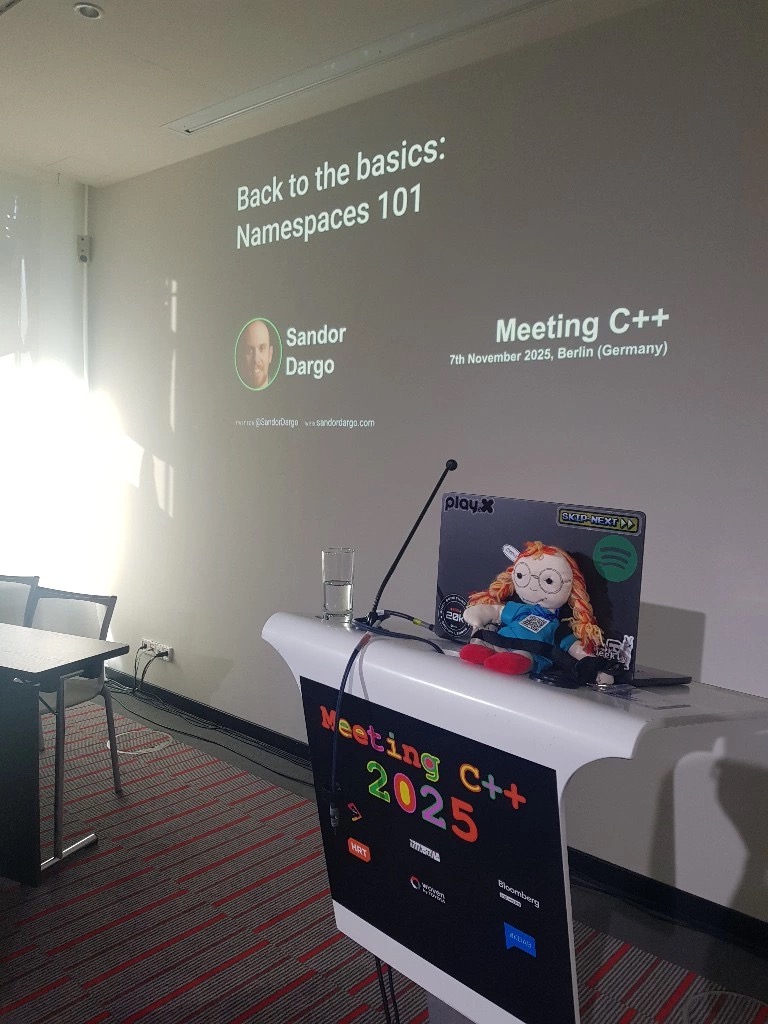 What a year I had! One more conference, one more trip report! I had the chance to go to Meeting C++ and give not just one but two talks!
What a year I had! One more conference, one more trip report! I had the chance to go to Meeting C++ and give not just one but two talks!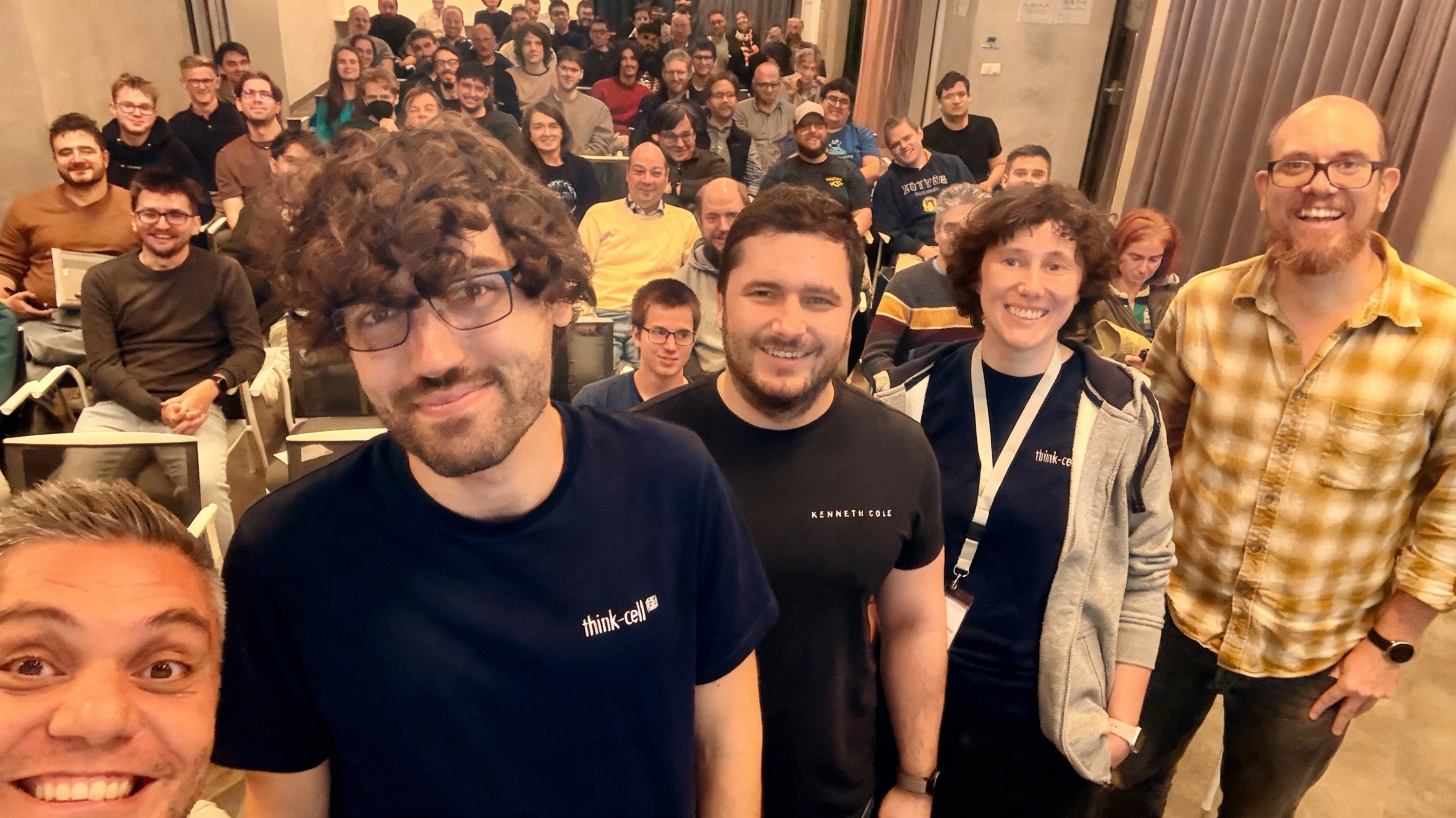 The Budapest C++ Meetup was a great reminder of how strong and curious our local community is. Each talk approached the language from a different angle — Jonathan Müller from the perspective of performance, mine from design and type safety, and Marcell Juhász from security — yet all shared the same core message: understand what C++ gives you and use it wisely.
The Budapest C++ Meetup was a great reminder of how strong and curious our local community is. Each talk approached the language from a different angle — Jonathan Müller from the perspective of performance, mine from design and type safety, and Marcell Juhász from security — yet all shared the same core message: understand what C++ gives you and use it wisely.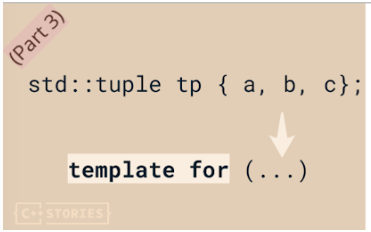 In this final part of the tuple-iteration mini-series, we move beyond C++20 and C++23 techniques to explore how C++26 finally brings first-class language support for compile-time iteration. With structured binding packs (P1061) and expansion statements (P1306), what once required clever template tricks can now be written in clean, expressive, modern C++.
In this final part of the tuple-iteration mini-series, we move beyond C++20 and C++23 techniques to explore how C++26 finally brings first-class language support for compile-time iteration. With structured binding packs (P1061) and expansion statements (P1306), what once required clever template tricks can now be written in clean, expressive, modern C++.

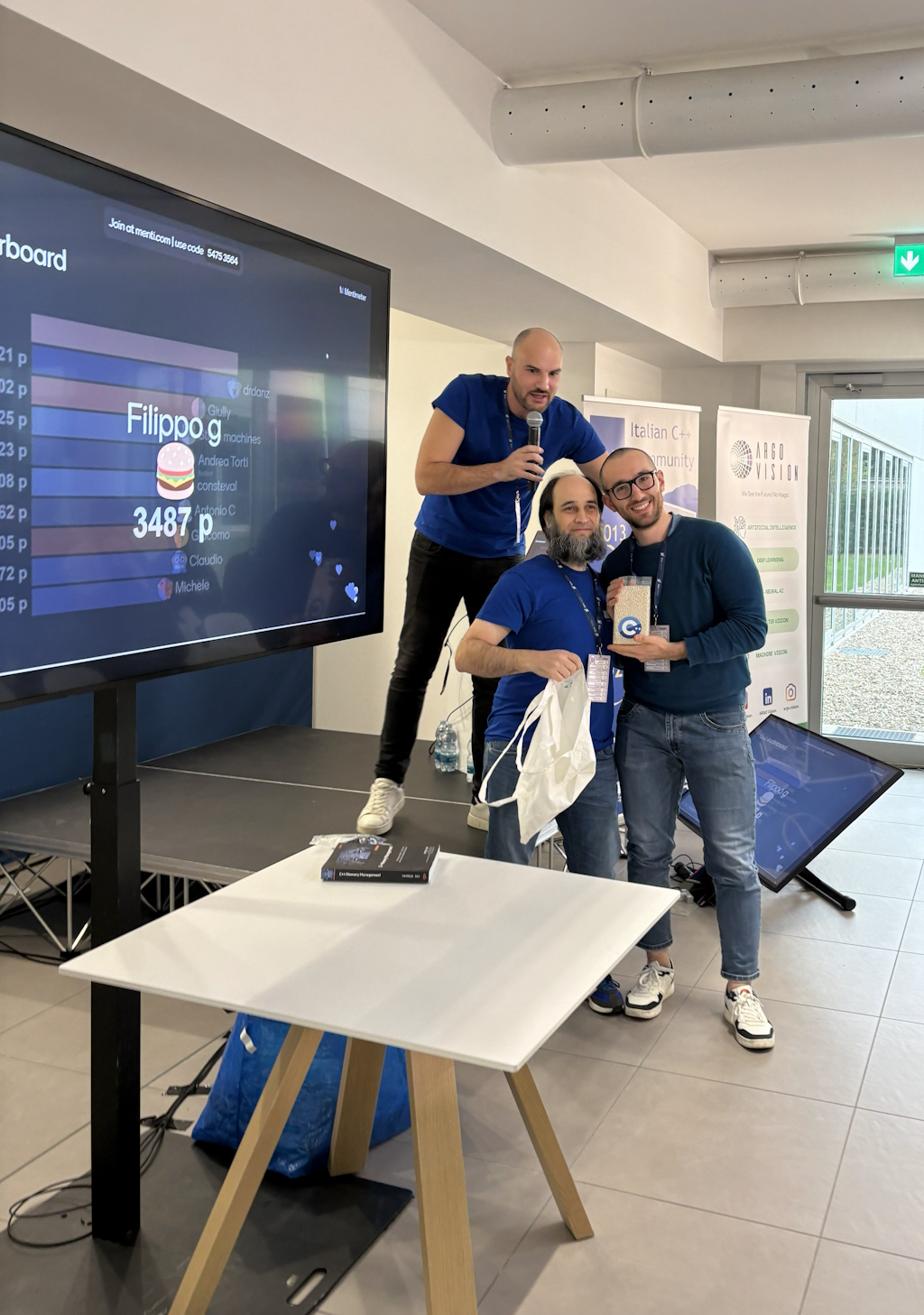
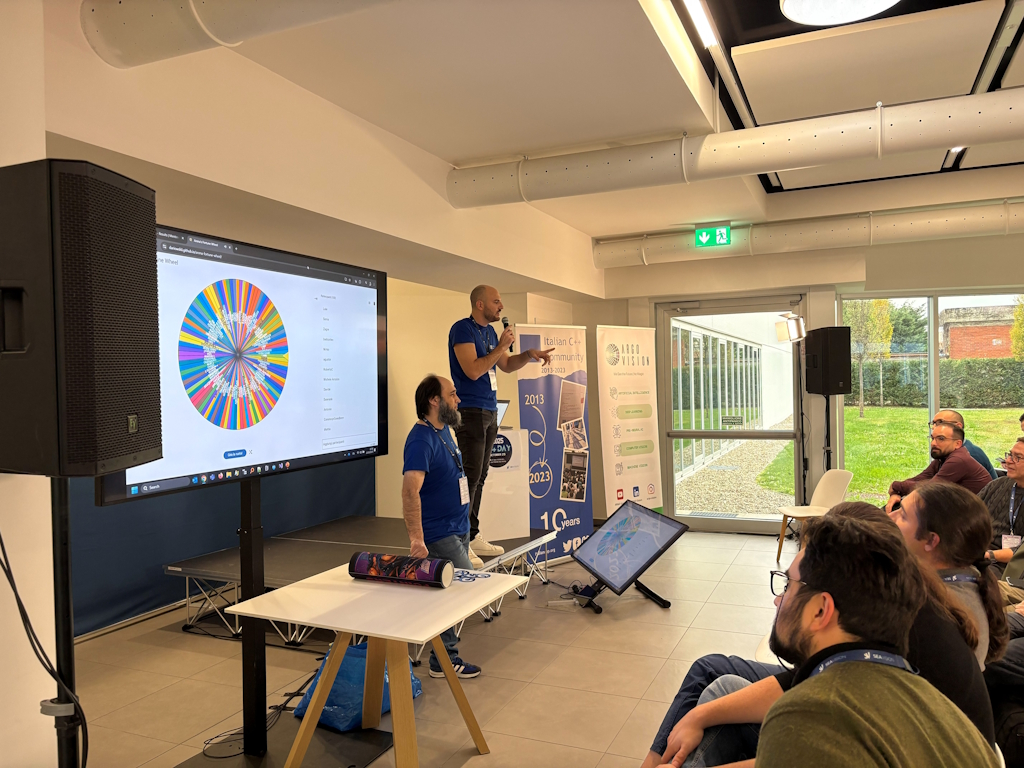
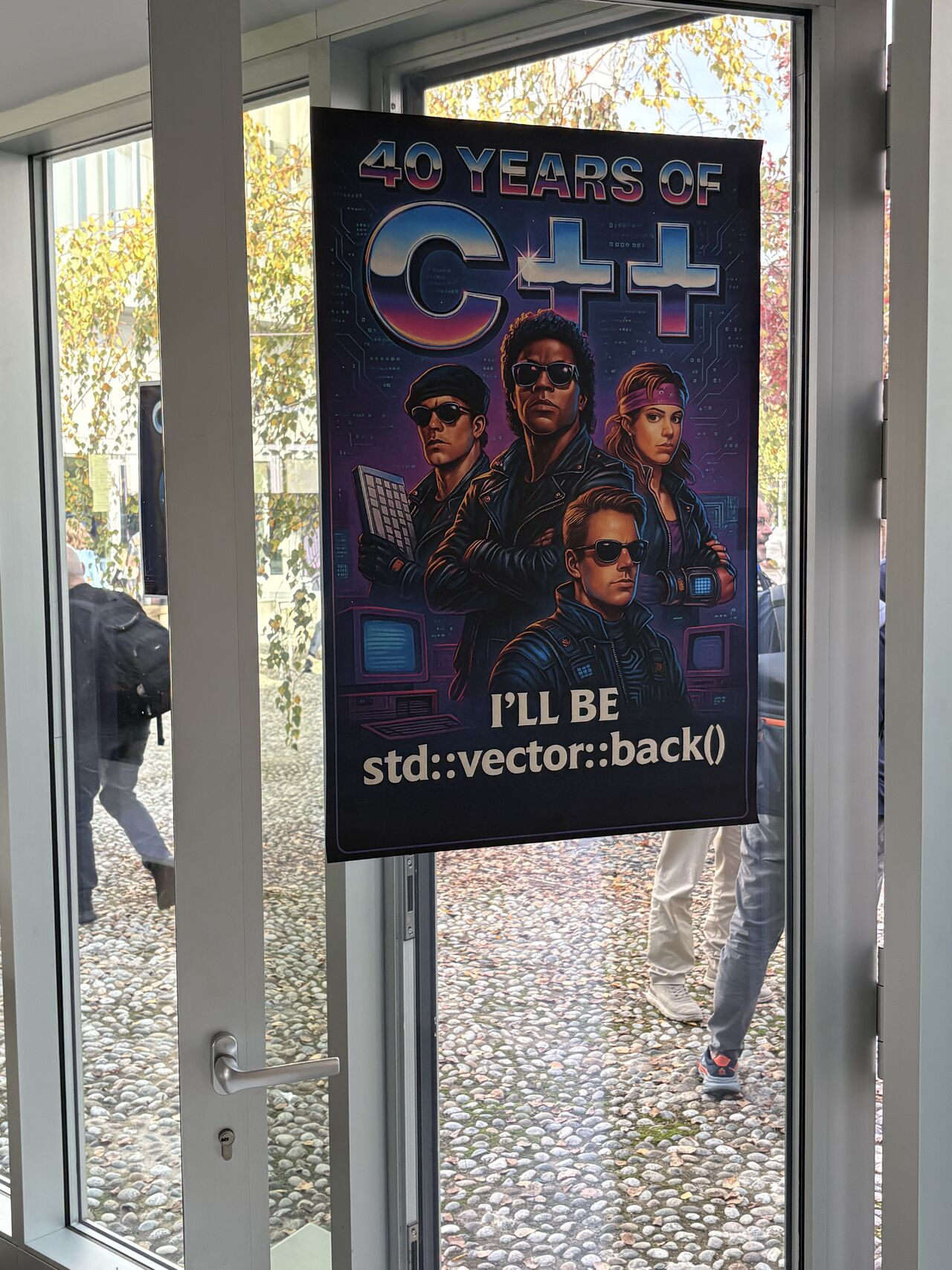

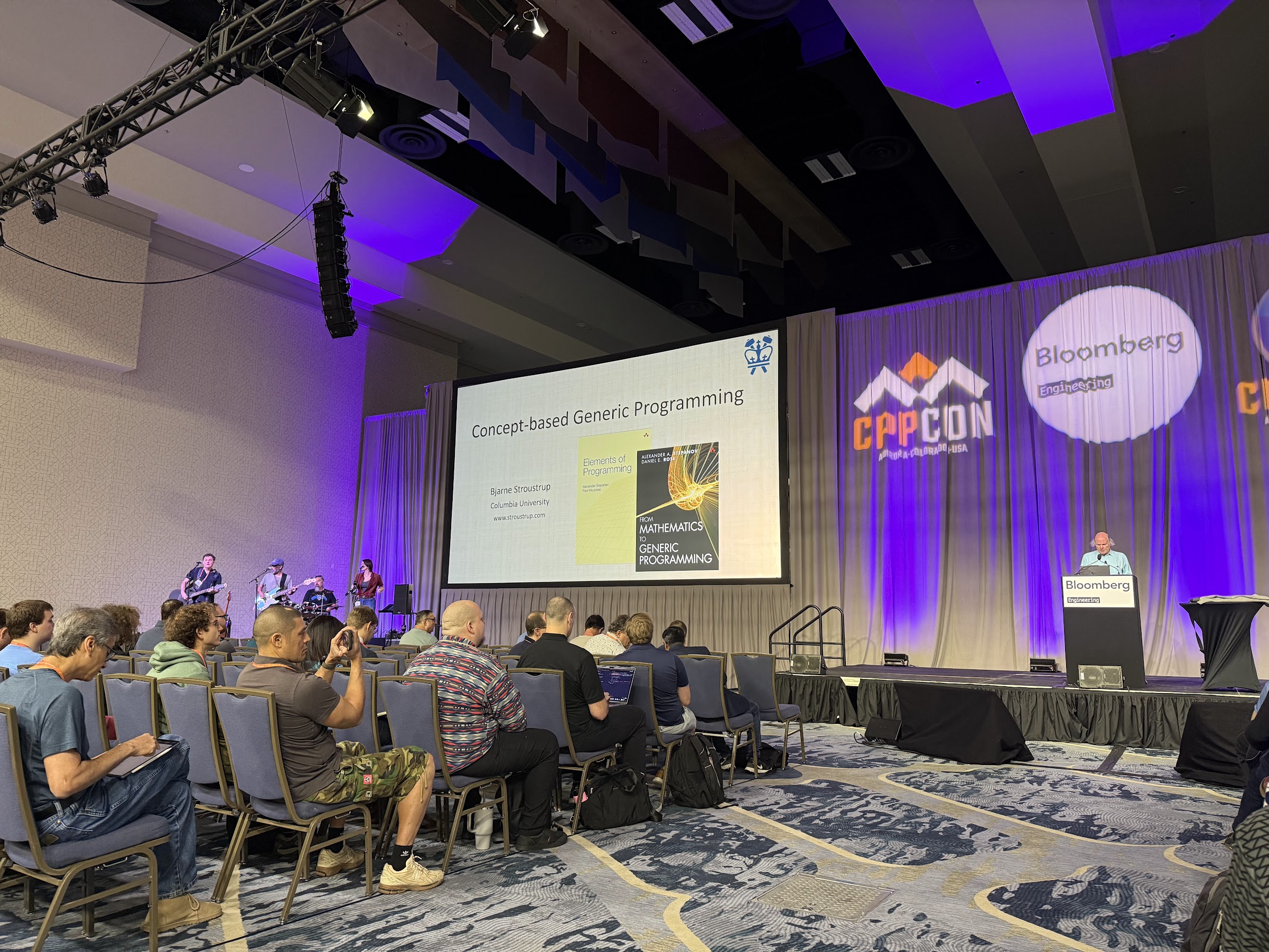 A long-delayed dream finally came true: after years of near-misses and lessons learned (“better to be invited than sent”), I made it to CppCon—and it was bigger, louder, and more inspiring than I imagined. In this recap I share the vibe of the week, five standout talks and ideas, a few notes from my own session, and links to recordings as they appear.
A long-delayed dream finally came true: after years of near-misses and lessons learned (“better to be invited than sent”), I made it to CppCon—and it was bigger, louder, and more inspiring than I imagined. In this recap I share the vibe of the week, five standout talks and ideas, a few notes from my own session, and links to recordings as they appear.